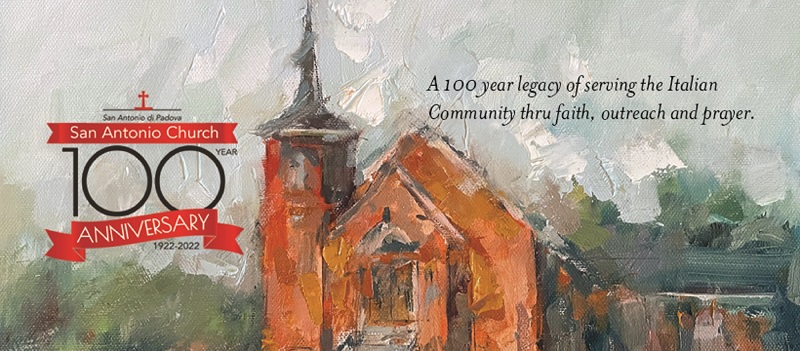We would like to thank everyone who has continued to contribute to the ongoing expenses of San Antonio Church by mailing in their weekly envelopes or by contributing electronically utilizing WeShare . The buttons at the bottom of this post allow you to make online donations directly to the listed account for San Antonio Church.
Weekly Bulletin January 8, 2023
by Terrie Evans
On this Sunday, we celebrate the Feast of the Epiphany to commemorate the visit of the Magi to the Christ child. Also called Three Kings Day, in some traditions it is also celebrated as Little Christmas which initiates the Liturgical season of Epiphany-tide. The word Epiphany originates from the koine Greek Epiphaneia which means appearance or a manifestation of a deity to a worshiper. In the Eastern Orthodox Churches, it is one of the great feasts of the Liturgical year next to Easter (Paskha) and Pentecost in importance. The earliest reference to the Christian Feast, the Epiphany was in 361 A.D. celebrating it as a double feast later to be expanded to honor His birth, the visit of the Magi and all of Jesus’ childhood events. Eastern Christians gather and commemorate the Baptism of Jesus in the Jordan River which is seen as His manifestation to the world as the Son of God at the site of the Baptism of Jesus located in the West Bank. Epiphany is celebrated in Eastern Churches who celebrate the Baptism of Christ and in the Western churches who commemorate the coming of the Magi with subordinate commemorations of the Baptism of Jesus and the Wedding at Cana. In both traditions, the importance of the feast is still the same recalling the first manifestation of Christ’s public life. In some parts of Europe, a Priest will bless Epiphany Water, Frankincense (Incense and a symbol of a Deity), Myrrh (Anointing oil), and Gold (A symbol of Kingship). He will then announce the date of Easter on the Feast of the Epiphany, a practice that came from a time when calendars were not easily available. The church needed to publicize many important dates and celebrations for the upcoming Liturgical year as all churchgoers would depend on it. This yearly proclamation would then set the dates for Ash Wednesday, Easter Sunday, Ascension of Jesus Christ, Pentecost, The Body and Blood of Christ, and the First Sunday of Advent for the oncoming Liturgical year.
Epiphany is a national holiday in Italy with many traditions especially the legend of La Befana who visits children on the Eve of Epiphany to gift them with candy. She is a popular figure of Italian folklore who is depicted as an old witch on a broom who sadly missed her opportunity to bring a present to the child Jesus with the Three Wise Men because she was too busy with doing housework. Being late for the journey, La Befana gathered gifts for Jesus, and with her broom took flight to locate him. She never reached her destination so now she leaves gifts for the children who have hung their stockings and written special notes to her. There will be La Befana dolls placed in windows to welcome her on the eve of the Epiphany, January 7th with parties and processions held in her honor. La Befana is considered the mother of every child in Italy. In Rome, La Befana will visit guests at the Piazza Navona with sweet treats at the annual toy market and in some towns throughout Italy, children will wear costumes and masks going door to door collecting treats, like our Halloween. In Germany, there is the kindly Frau Berchta and in Russia, Babuska bearing gifts on the eve of Epiphany.
In the Unites States, Epiphany is considered as the beginning of the Carnival or King Cake Season in Louisiana and in Tarpon Springs Florida, the Epiphany City with the Greek Orthodox Church blessing the fleet of fishing boats. Then the “Dive of the Cross” takes place with a ceremony of throwing a wooden cross in the water for divers to retrieve, promising a blessed New Year. It is believed that this annual ritual gives the water the power to cleanse and sanitize. Many churches bless chalk to take home for writing the initials of the Magi (Caspar, Melchior and Balthasar) over the doors of homes, churches and businesses for the New Year. The initials C, M, B, are said to interpret the Latin Phrase, CHRISTUS MANSIONEM BENEDICAT for MAY CHRIST BLESS THIS HOUSE. Please take home the blessed bags of chalk to welcome in the New Year of 2023 with instructions inside the bag for the blessing of the homes of your family and friends.
